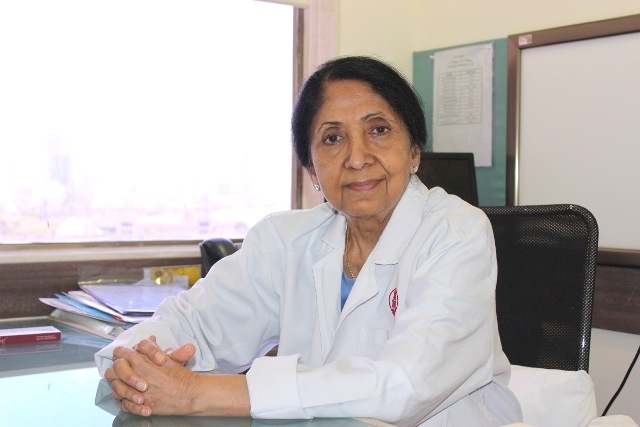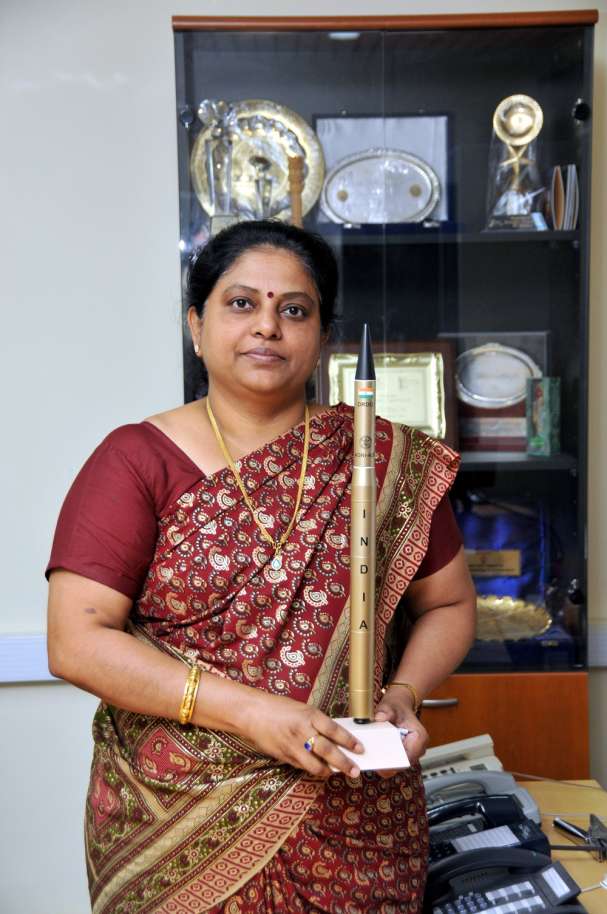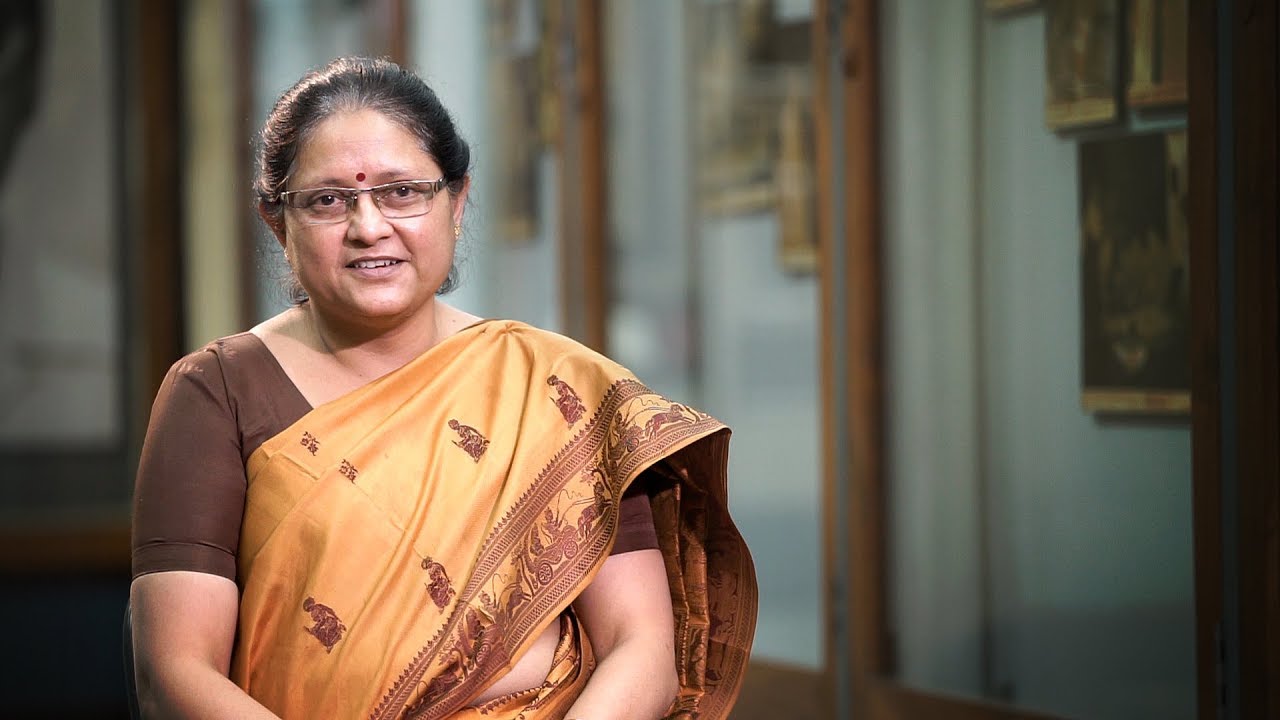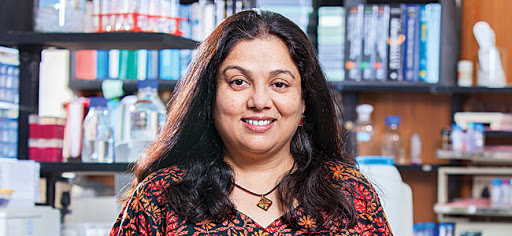While we know about the priceless contribution of great scientists like C. V. Raman, Dr. Homi Bhabha and Abdul Kalam, many of us are unaware of the contributions of Indian women pushing boundaries in science.
The Indian government has made efforts to make science and tech institutes more inclusive, yet women and girls continue to be excluded from participating fully. According to UNESCO data, only around 30% of all female students select STEM-related (science, technology, engineering and math), fields in higher education. Long-standing biases and gender stereotypes are steering girls and women away from science-related fields.
As in the real world, the world on screen reflects similar biases—the 2015 Gender Bias Without Borders study by the Geena Davis Institute showed that of the onscreen characters with an identifiable STEM job, only 12% were women.
5 Indian women pushing boundaries in science
In order to achieve full and equal access to and participation in science for women and girls, the United Nations General Assembly adopted resolution A/RES/70/212 declaring 11th February as the International Day of Women and Girls in Science. On this significant day, The CSR Journal salutes 5 Indian women pushing boundaries in science and tech.
Dr. Indira Hinduja

Dr. Indira Hinduja is a gynaecologist, obstetrician and infertility specialist who pioneered the Gamete intrafallopian transfer (GIFT) technique resulting in the birth of India’s first GIFT baby on January 4, 1988. Prior to this she delivered India’s s first test-tube baby at KEM Hospital on August 6, 1986. She is also credited for developing an oocyte donation technique for menopausal and premature ovarian failure patients, giving the country’s first baby out of this technique on January 24, 1991.
Dr. Aditi Pant
A successful oceanographer, Dr. Aditi Pant was the first Indian woman to visit Antarctica in 1983 as a part of the Indian expedition to study Geology and Oceanography. Pant was inspired to take up Oceanography when she came across the book The Open Sea by Alister Hardy. She got a US government scholarship to study Marine Sciences in the University of Hawaii. She did her PhD in Westfield College, London University. Her PhD thesis was based on the physiology of marine algae.
Tessy Thomas

Known as the ‘missile woman of India’, Tessy Thomas is a scientist at the Defence Research and Development Organisation (DRDO). She served as the Project Director for the Agni IV and V missiles, making her the first woman to lead missile teams in India. These are intercontinental ballistic missiles that have very high ranges and are capable of carrying nuclear warheads.
Dr. Thomas’ expertise on the solid propellent systems were critical in the development of the re-entry system of the missile, which helped it withstand great velocities and temperatures of 3,000° Celsius on re-entering the atmosphere. Dr. Thomas has received several prestigious awards for her work, including the CNN-IBN Indian of the Year in 2012 and Sir Mokshagundam Visvesvaraya Award in 2016.
Sanghamitra Bandyopadhyay

Bandyopadhyay is the first female Director of the Indian Statistical Institute (ISI), where she is a professor in the Machine Intelligence Unit, specializing in computational biology. Her research is mainly in the areas of evolutionary computation, pattern recognition, machine learning and bioinformatics. She has identified a genetic marker for breast cancer, determined the co-occurrence of HIV and cancers, and helped understand the significance of the brain’s white matter in Alzheimer’s disease.
Shubha Tole


